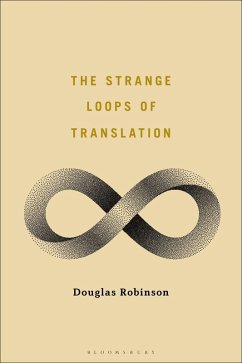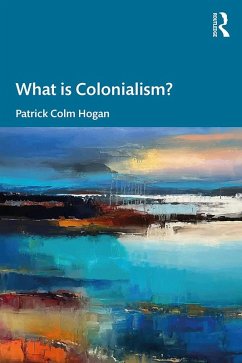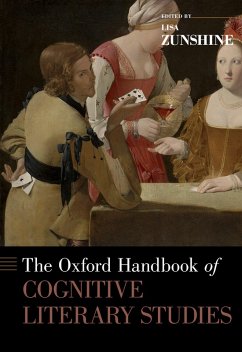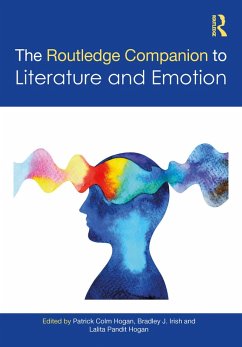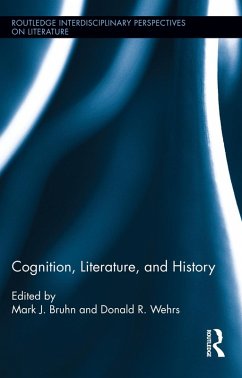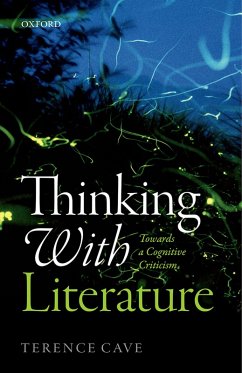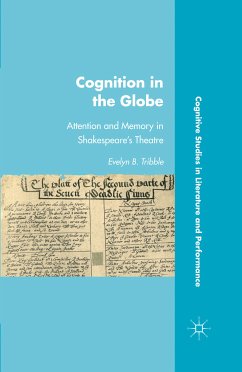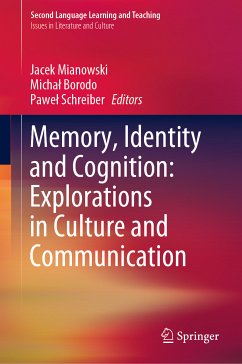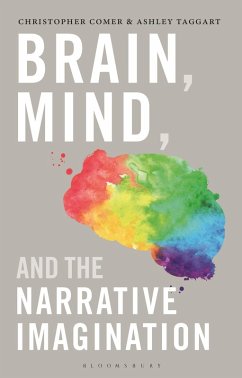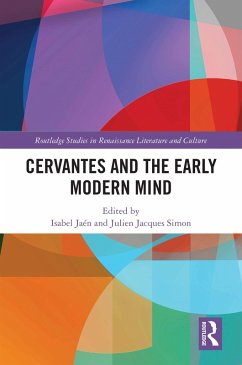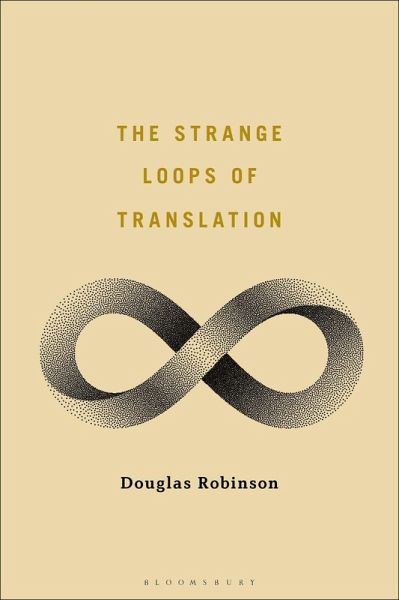
The Strange Loops of Translation (eBook, PDF)

PAYBACK Punkte
12 °P sammeln!
One of the most exciting theories to emerge from cognitive science research over the past few decades has been Douglas Hofstadter's notion of "strange loops," from Gödel, Escher, Bach (1979). Hofstadter is also an active literary translator who has written about translation, perhaps most notably in his 1997 book Le Ton Beau de Marot, where he draws on his cognitive science research. And yet he has never considered the possibility that translation might itself be a strange loop. In this book Douglas Robinson puts Hofstadter's strange-loops theory into dialogue with a series of definitive theor...
One of the most exciting theories to emerge from cognitive science research over the past few decades has been Douglas Hofstadter's notion of "strange loops," from Gödel, Escher, Bach (1979). Hofstadter is also an active literary translator who has written about translation, perhaps most notably in his 1997 book Le Ton Beau de Marot, where he draws on his cognitive science research. And yet he has never considered the possibility that translation might itself be a strange loop. In this book Douglas Robinson puts Hofstadter's strange-loops theory into dialogue with a series of definitive theories of translation, in the process showing just how cognitively and affectively complex an activity translation actually is.




